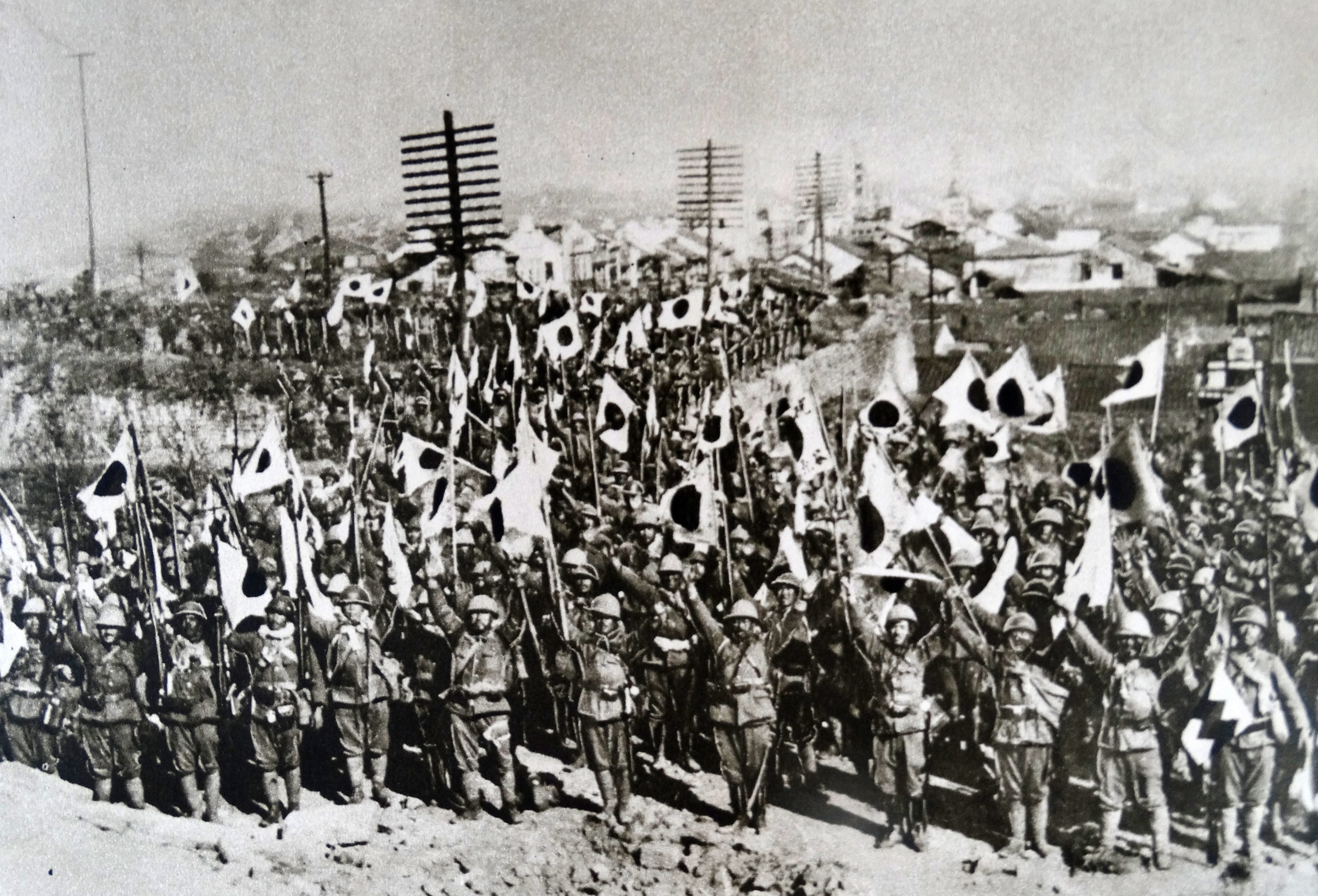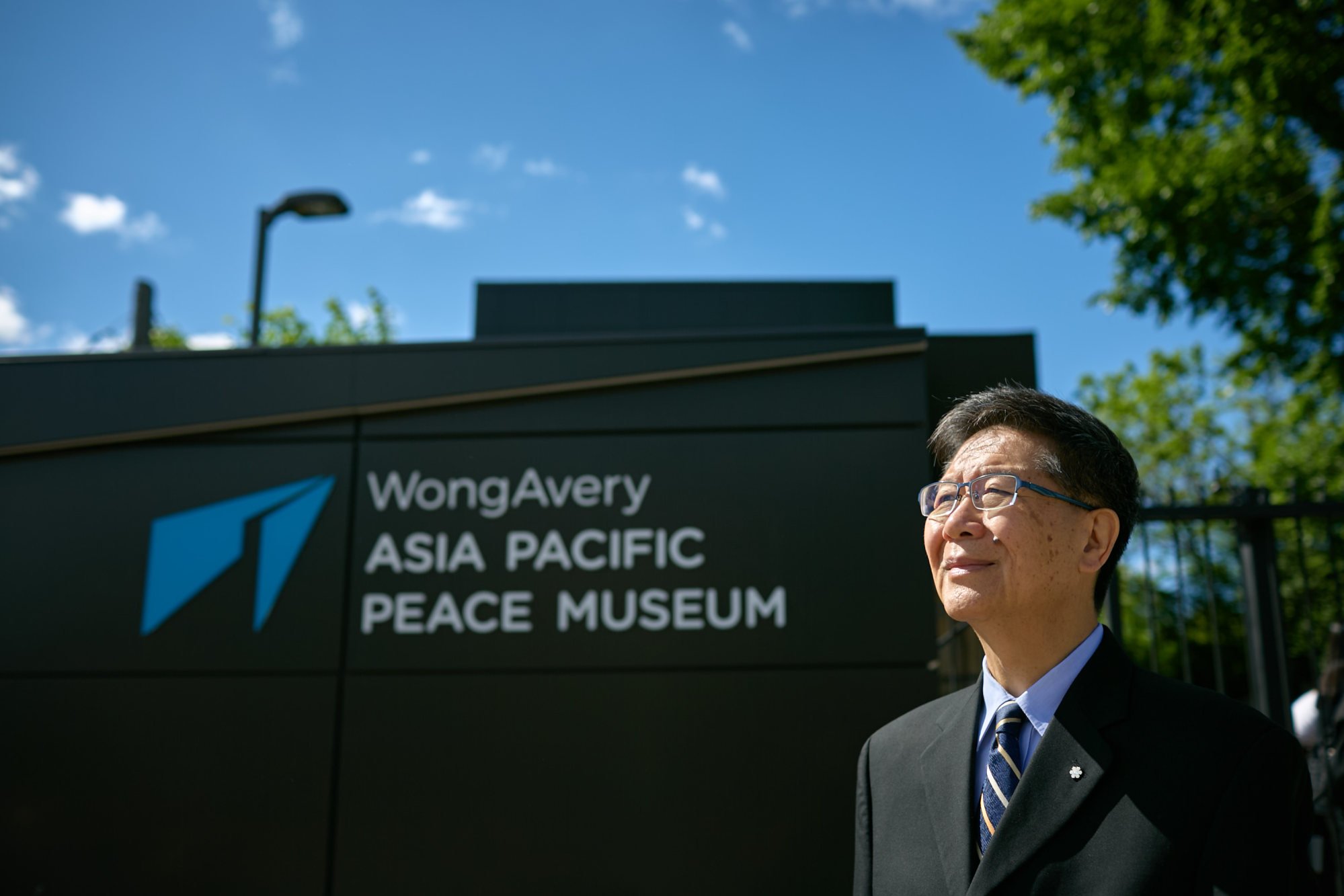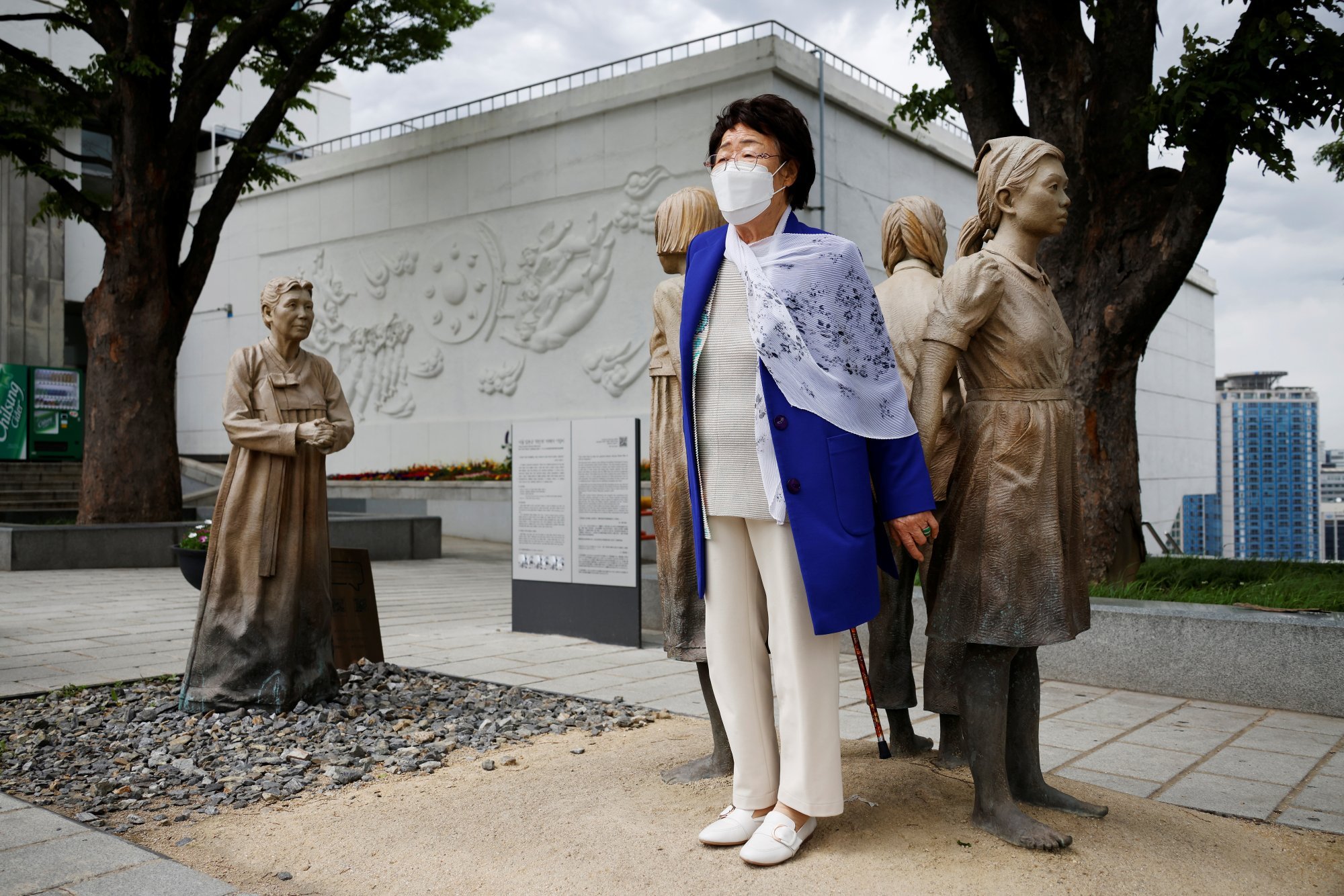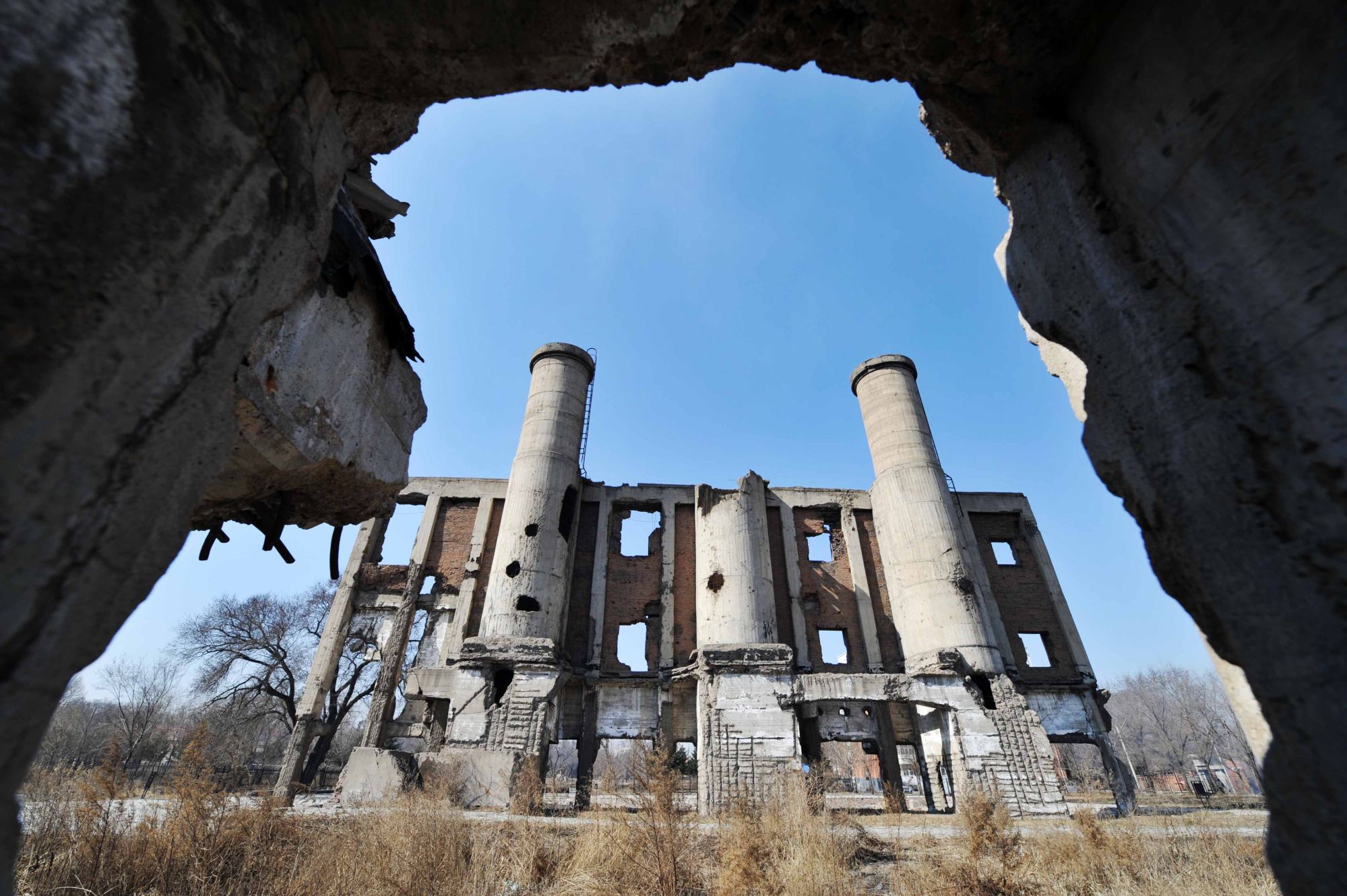‘Lies into truth’: outcry in Japan over Chinese bias at Canadian history museum
With exhibits on Unit 731 and wartime atrocities, critics in Tokyo warn the museum is eroding Japan’s ‘credibility and national dignity’

Conservatives in Japan are urging the government to take action against a museum in Toronto run by a Chinese-Canadian organisation, accusing it of distorting history and harming the country’s international reputation.
They say the Asia-Pacific Peace Museum, which opened in June 2024, presents a solely Chinese perspective on events such as the massacre at Nanking, now known as the city of Nanjing, the wartime use of “comfort women”, and the activities of Unit 731, a covert Japanese military unit that conducted human experimentation in China, while ignoring historical evidence and explanations from the Japanese side.
Masahisa Sato, a lawmaker with the ruling Liberal Democratic Party, has twice raised the issue in Japan’s upper house of parliament, warning in April that “if historical issues are not addressed seriously, then it will be extremely difficult to change perceptions”.
“The Japanese population in Canada is significantly smaller than the Chinese population,” he said. “If we do not take historical issues seriously, then Japanese people will lose their standing.”
Apparently dissatisfied with the government’s failure to act, Sato brought the matter up again on May 27, calling on Foreign Minister Takeshi Iwaya to register a formal protest with his Canadian counterpart, Anita Anand.
“We have confirmed cases where the exhibits were made with extreme language and expressions that are far removed from the historical facts,” Iwaya replied. Japan would make representations “at the most appropriate level and timing”, he added.

His response, however, provoked an angry response from Sato, who accused the minister of doing nothing to prevent the erosion of Japan’s “credibility and national dignity”.
“We speak up to South Korea, but we go silent when it comes to [propaganda from] China,” the Sankei newspaper quoted Sato as saying last month. “That double standard undermines our standing. If the foreign minister cannot speak up to defend Japan’s reputation, who will?”
The museum was set up by Alpha Education, which describes itself on the museum’s website as a non-profit registered charity “that promotes a critical-historical inquiry of World War II in Asia that contributes to peace and reconciliation”.
It says it aims to do so through “engaging students and educators, empowering youth, supporting research and connecting with communities”.
The ground floor of the museum has a series of permanent exhibits on the rise of militarism and colonialism in Japan. The sections in this area cover topics including massacres, the Japanese military’s sexual slavery system, biological and chemical warfare, prisoners of war and forced civilian labourers. An upper floor area in the museum is dedicated to “justice” and “memory” of victims during the era.
One example cited by the Sankei as misrepresentative is a wartime photograph of a Japanese soldier carrying baggage after the fall of Nanjing, labelled in the exhibit as “looting”. The photographer who was at the scene reportedly said in a 1985 interview that the caption of the original photograph was inaccurate.
Hiromichi Moteki, the acting secretary general of the Tokyo-based Society for the Dissemination of Historical Fact, said the Japanese embassy in Canada should first fully document the exhibition and detail its claims with the government in Tokyo.

“If there are errors that are part of the exhibition, then the government has a duty to point out those errors and request that they be corrected,” he told This Week in Asia. “If there are claims that are false that are being told to children in Canada about Japan, then Japan has the right to point that out and request that corrections be made.”
“Failing to do that will make lies into the truth,” he added.
Moteki’s organisation holds a very different position on the events of the early decades of the last century. The society claims that there was no massacre in Nanjing in 1937, that “comfort women” were willing prostitutes who became wealthy by working in front-line brothels for the Japanese military, and that Unit 731 was merely charged with providing safe drinking water to troops in China.
The society also claims that Japan treated prisoners of war humanely and never committed war crimes.
In contrast, the society says the atomic bombing of Hiroshima and Nagasaki should have been treated as war crimes and that the post-war Tokyo war crimes trials were merely “victors’ justice”.
Stephen Nagy, a Canadian professor of international relations at Tokyo’s International Christian University, said the museum was almost certainly funded in part by the Chinese government.
“It is very probably influenced through the local Chinese consulate either directly or indirectly through the United Front Work Department, which has been increasingly busy building relations with Chinese communities around the world ahead of the 80th anniversary later this year of Japan’s defeat in World War II,” he said, referring to the arm of the Communist Party of China.

“China is trying to craft a new narrative that it was instrumental in defeating both Japanese fascism and global fascism, and they are being very successful in getting that message out,” he said.
While Canada had long been home to a large number of Chinese from Taiwan and Hong Kong, there was a growing number of mainland Chinese who were choosing to settle there, Nagy said. This group of people had grown up listening to Chinese propaganda about the years of Japanese occupation and war and had a “strong prejudice” against Japan, he added.
According to Nagy, there is no question that Japanese troops committed atrocities in China and elsewhere across Asia during the early decades of the last century, but the divergent versions of history presented by China and Japan mean there is little chance for meaningful debate or future reconciliation.
The Canadian government would not be able to shut the museum down as it was run by a private organisation, Nagy said.
Moteki said he was angry with successive post-war Japanese governments for their failure to convince the world of the country’s version of its wartime history.
“No Japanese government since the war has really stood up for the nation, and all they have done is apologise,” he said.